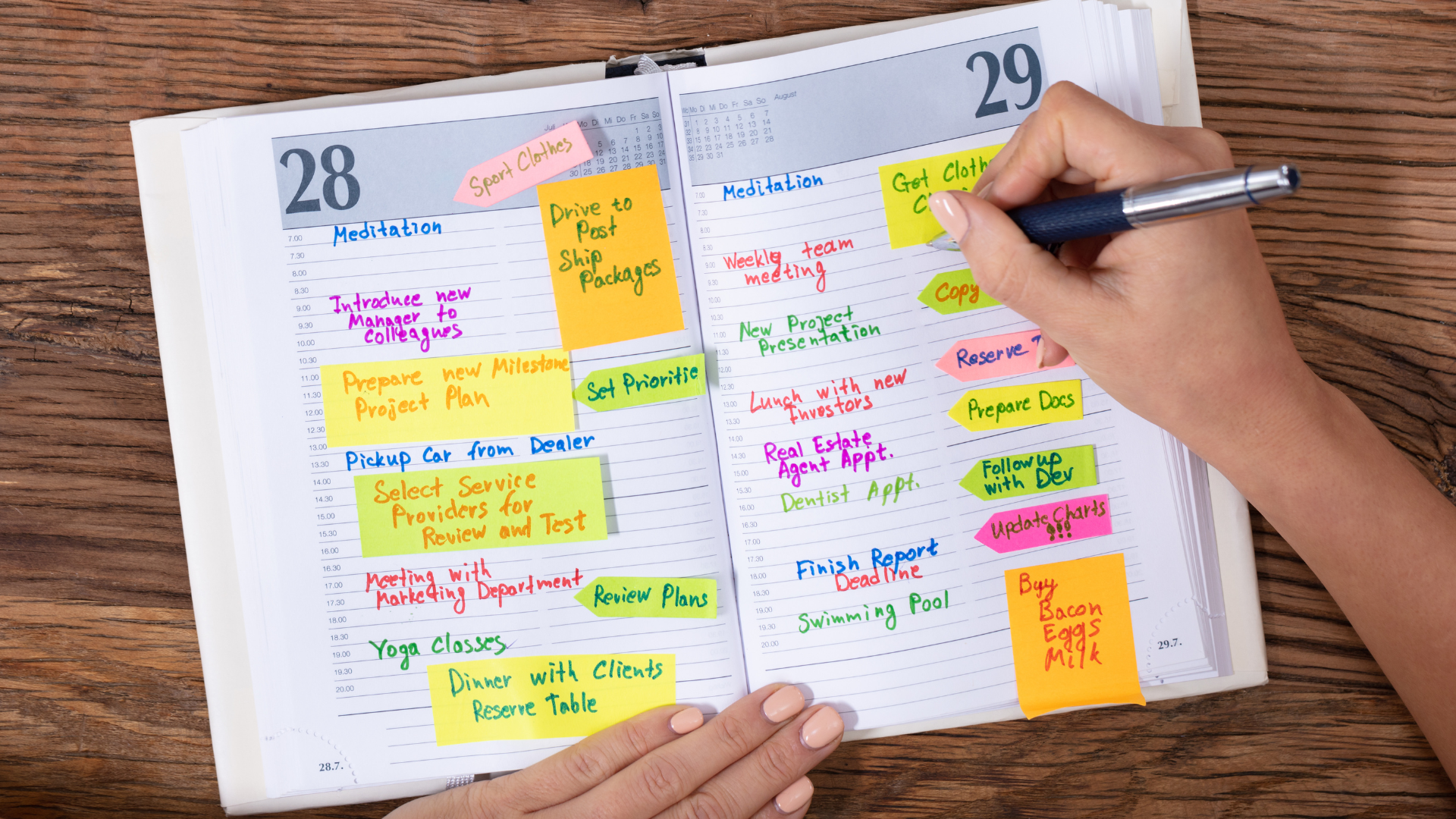Building Professionalism: Soft Skills Every HHA and CNA Should Master
In healthcare, technical skills are essential—but they’re only part of what makes a great caregiver. Employers and patients alike value soft skills—the personal qualities that shape how you interact, communicate, and work with others.
At Fordham Institute Inc., we prepare our Home Health Aide (HHA) and Certified Nursing Assistant (CNA) students to not only meet technical requirements but also develop the professionalism that sets them apart in the workplace.
1. Communication Skills
Clear, respectful communication with patients, families, and coworkers is essential.
- Listen actively to what others say
- Speak clearly when explaining tasks or care instructions
- Use a friendly, respectful tone
Strong communication helps build trust and prevents misunderstandings.
2. Empathy and Compassion
Caregiving isn’t just about physical care—it’s about emotional support.
- Understand what patients may be feeling
- Show patience during difficult moments
- Offer comfort with your words and actions
A kind approach can make a world of difference in someone’s day.
3. Reliability
Being dependable shows respect for your role and the people who count on you.
- Arrive on time
- Follow through on tasks
- Keep your word
Healthcare teams and patients rely on consistency.
4. Time Management
With multiple tasks to handle in a shift, good time management keeps care efficient and stress levels low.
- Prioritize urgent needs first
- Stay organized with checklists
- Avoid rushing by planning ahead
5. Adaptability
Things change quickly in healthcare—patients’ needs, schedules, or care plans can shift unexpectedly. Being able to adapt shows professionalism and resilience.
6. Positive Attitude
A smile, friendly greeting, and encouraging words can brighten a patient’s day and lift the spirits of your team. Positivity is contagious—and powerful.
Why Soft Skills Matter
Employers know that technical skills can be taught, but strong soft skills take practice and dedication. They’re what make you not just a capable caregiver, but an outstanding one.
📞 Ready to train for a career that makes a difference? Call 718-480-1804





